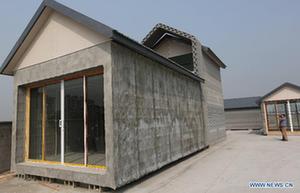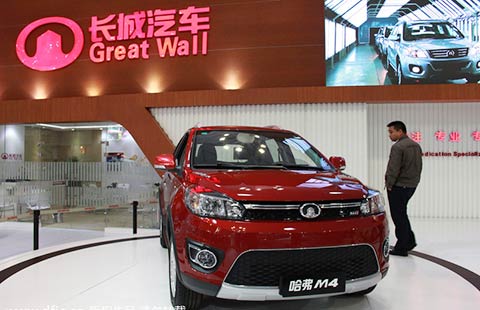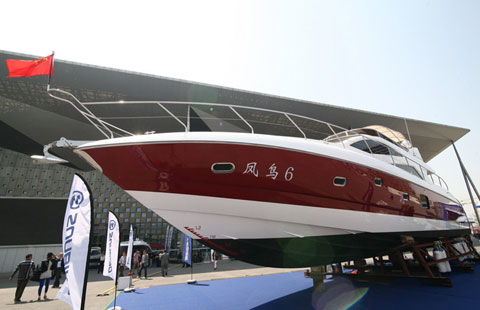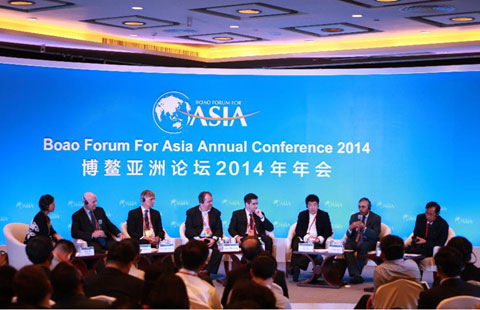A knowledge economy that works with ideas
By Cecily Liu (China Daily) Updated: 2014-04-14 07:12"Five years ago, people were saying, 'We're post-industrial, we're in the knowledge economy.' But now they are realizing manufacturing is still the way to capture value from your ideas, particularly in countries with a strong science base."
Following an early career in industry, Gregory became a founding member of a team that established an undergraduate program that treated manufacturing in a broader way by integrating it with aspects including marketing, design, services and management.
The new approach led to the establishment of the Institute for Manufacturing in 1998, which has grown over the years to now include about 250 employees and research students and a further 100 undergraduate and master's students.
|
 |
|
 |
"We talk about iPhones as only 'put together' in China, but actually that's a very powerful capability to have. As a business, if you build capabilities that nobody has got, it becomes your unique advantage and you charge more for it."
The process of allowing the manufacturer to capture more value from the end price of a product occurs because often the brand owner loses the capacity to make the product itself after outsourcing the production for too long, he says.
It starts with the brand owner wanting to outsource to save costs and have a bigger margin. The manufacturer then learns how to make the products and demands better pay when the brand owner comes back to ask for the next model, which only the manufacturer knows how to make. "The manufacturer may say, 'The next model costs 10 pounds ($16.7)', and the brand owner says, 'Last time it cost 5 pounds', and the manufacturer says, 'it's now 10 because we know you're getting 15 pounds'," Gregory says.
He expects China to capture more value from manufacturing the way that Japan and South Korea have been able to, only its journey will be quicker. An example of this transition is the South Korean electronics brand Samsung Group.
"I went to the Samsung factory in South Korea 25 years ago. It only said 'Samsung' on the outside and all the manufacturing inside the factory was for American brands. Now all the American brands have disappeared and people only know Samsung," he says.

















